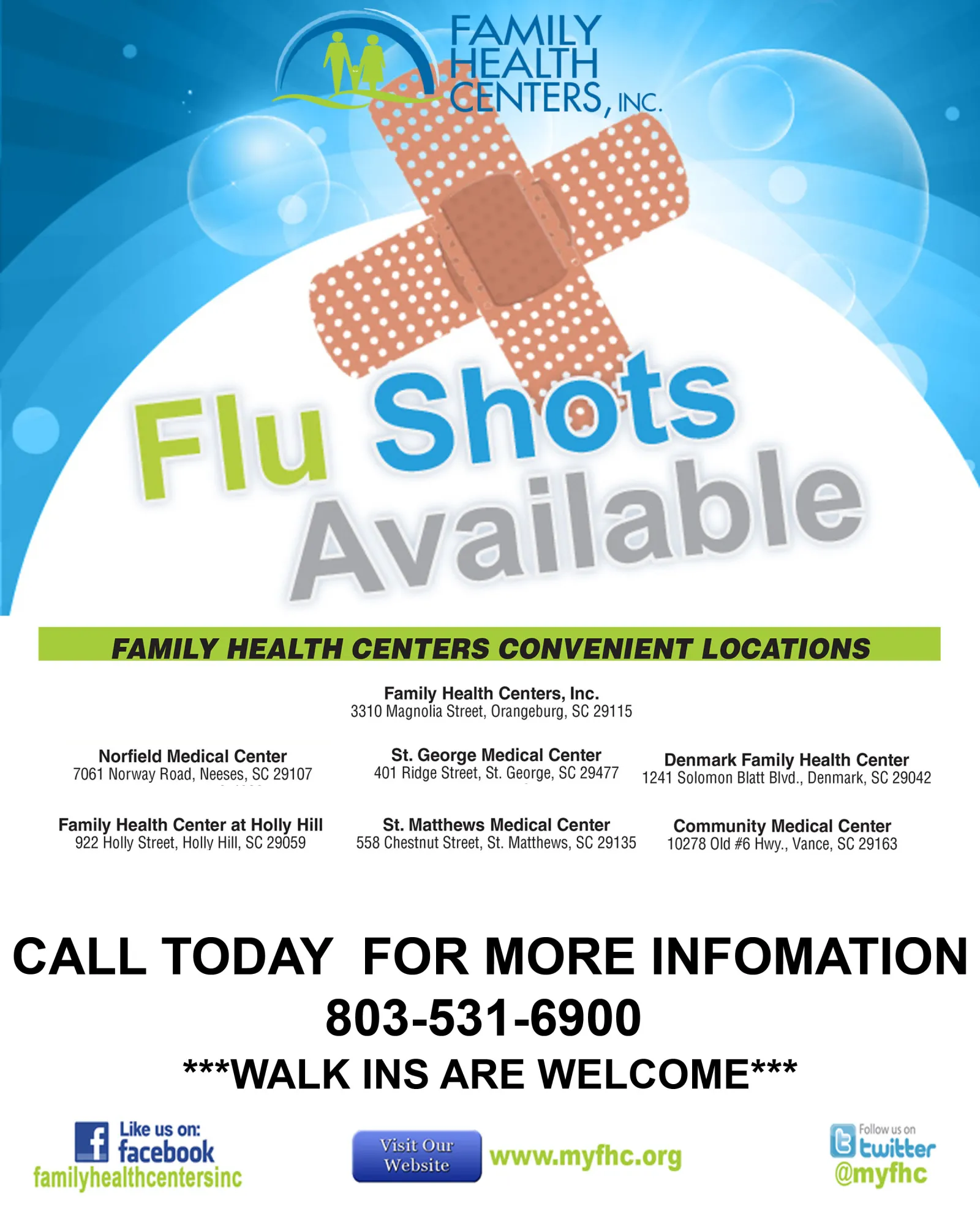
Why should people get vaccinated against the flu?
Influenza is a serious disease that can lead to hospitalization and sometimes even death. Every flu season is different, and influenza infection can affect people differently, but millions of people get the flu every year, hundreds of thousands of people are hospitalized and thousands or tens of thousands of people die from flu-related causes every year. Even healthy people can get very sick from the flu and spread it to others. CDC estimates that flu-related hospitalizations since 2010 ranged from 140,000 to 710,000, while flu-related deaths are estimated to have ranged from 12,000 to 56,000. During flu season, flu viruses circulate at higher levels in the U.S. population. ("Flu season" in the United States can begin as early as October and last as late as May.) An annual seasonal flu vaccine is the best way to reduce your risk of getting sick with seasonal flu and spreading it to others. When more people get vaccinated against the flu, less flu can spread through that community.
How do flu vaccines work?
Flu vaccines cause antibodies to develop in the body about two weeks after vaccination. These antibodies provide protection against infection with the viruses that are in the vaccine.
The seasonal flu vaccine protects against the influenza viruses that research indicates will be most common during the upcoming season. Traditional flu vaccines (called "trivalent" vaccines) are made to protect against three flu viruses; an influenza A (H1N1) virus, an influenza A (H3N2) virus, and an influenza B virus. There are also flu vaccines made to protect against four flu viruses (called "quadrivalent" vaccines). These vaccines protect against the same viruses as the trivalent vaccine and an additional B virus.
What kinds of flu vaccines are available?
CDC recommends use of injectable influenza vaccines (including inactivated influenza vaccines and recombinant influenza vaccines) during 2017-2018. The nasal spray flu vaccine (live attenuated influenza vaccine or LAIV) should not be used during 2017-2018.
Both trivalent (three-component) and quadrivalent (four-component) flu vaccines will be available.
Trivalent flu vaccines include:
- Standard-dose trivalent shots (IIV3) that are manufactured using virus grown in eggs. Different flu shots are approved for different age groups. Most flu shots are given in the arm (muscle) with a needle. One trivalent vaccine formulation can be given with a jet injector, for persons aged 18 through 64 years.
- A high-dose trivalent shot, approved for people 65 and older.
- A recombinant trivalent shot that is egg-free, approved for people 18 years and older, including pregnant women.
- A trivalent flu shot made with adjuvant (an ingredient of a vaccine that helps create a stronger immune response in the patient's body), approved for people 65 years of age and older (new this season).
Quadrivalent flu vaccines include:
- Quadrivalent flu shots approved for use in different age groups, including children as young as 6 months.
- An intradermal quadrivalent flu shot, which is injected into the skin instead of the muscle and uses a much smaller needle than the regular flu shot. It is approved for people 18 through 64 years of age.
- A quadrivalent flu shot containing virus grown in cell culture, which is approved for people 4 years of age and older.
- A recombinant quadrivalent flu shot approved for people 18 years of age and older, including pregnant women (new this season).
